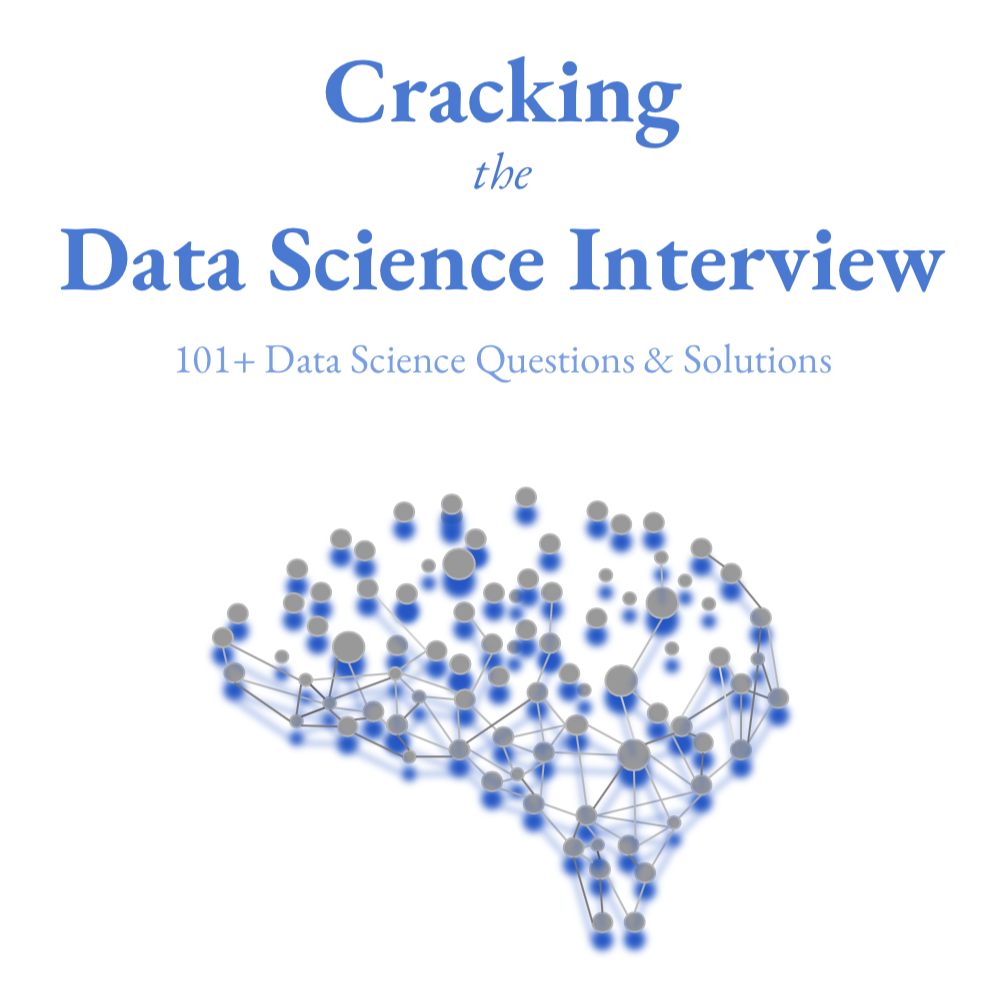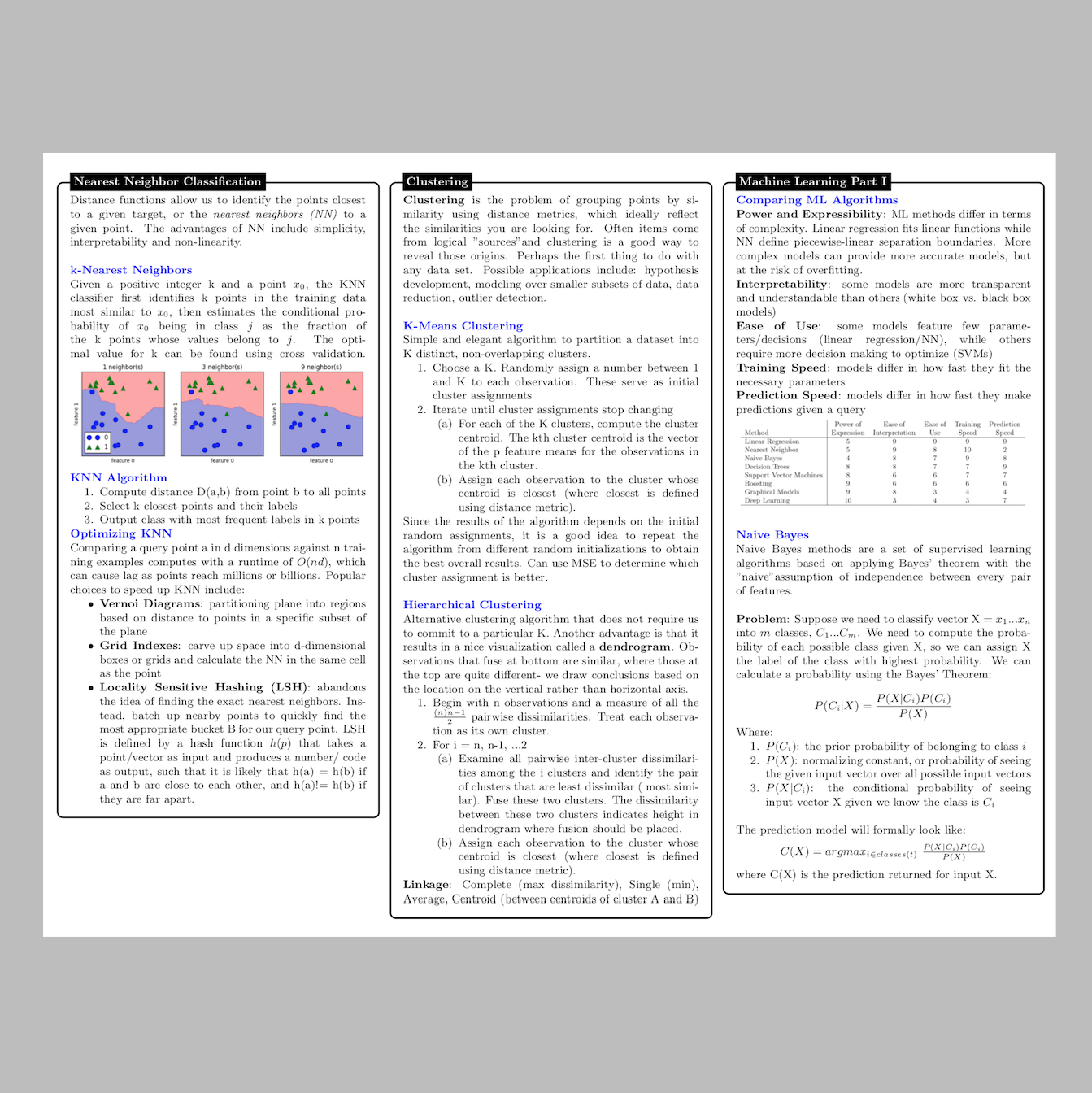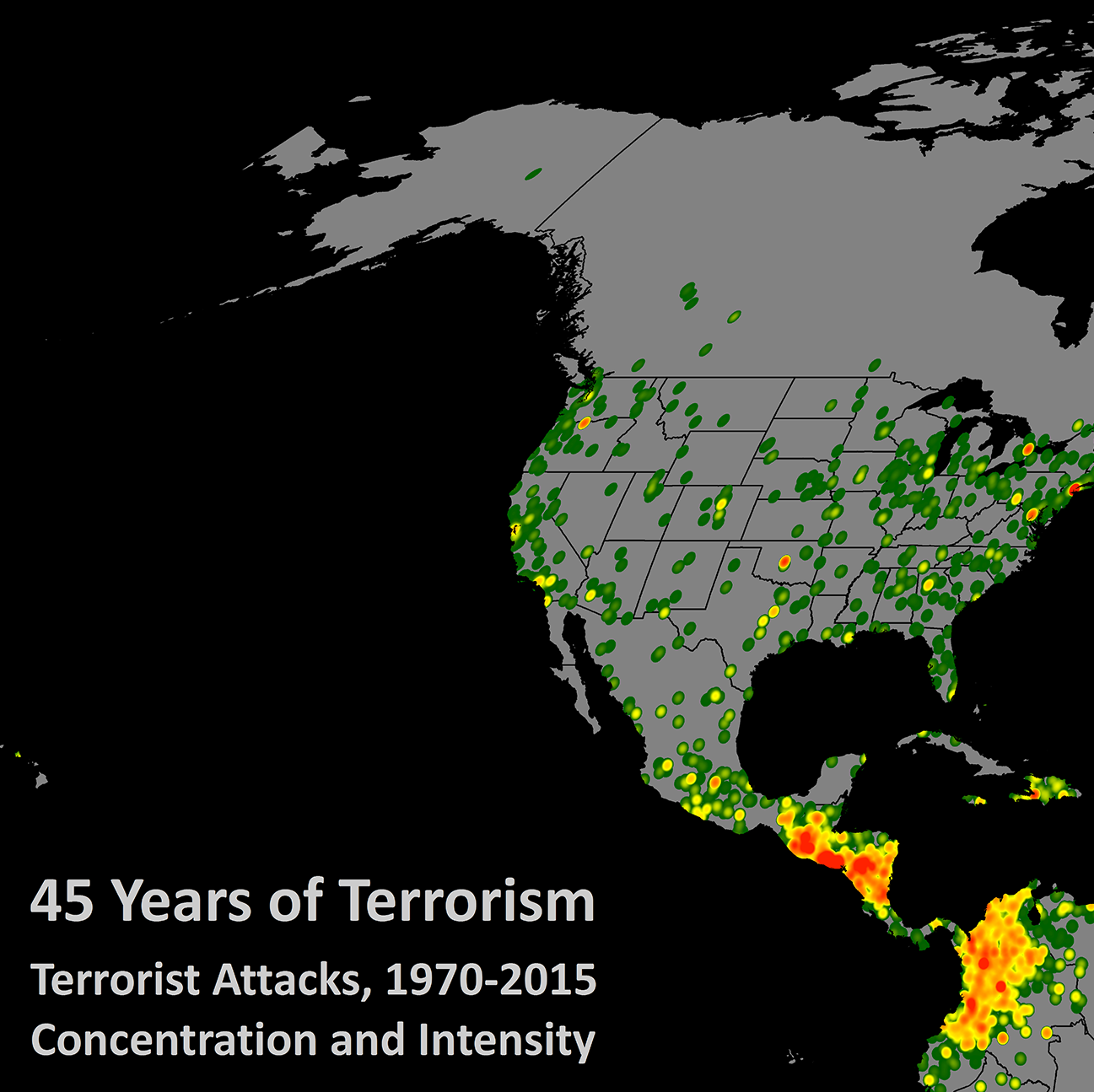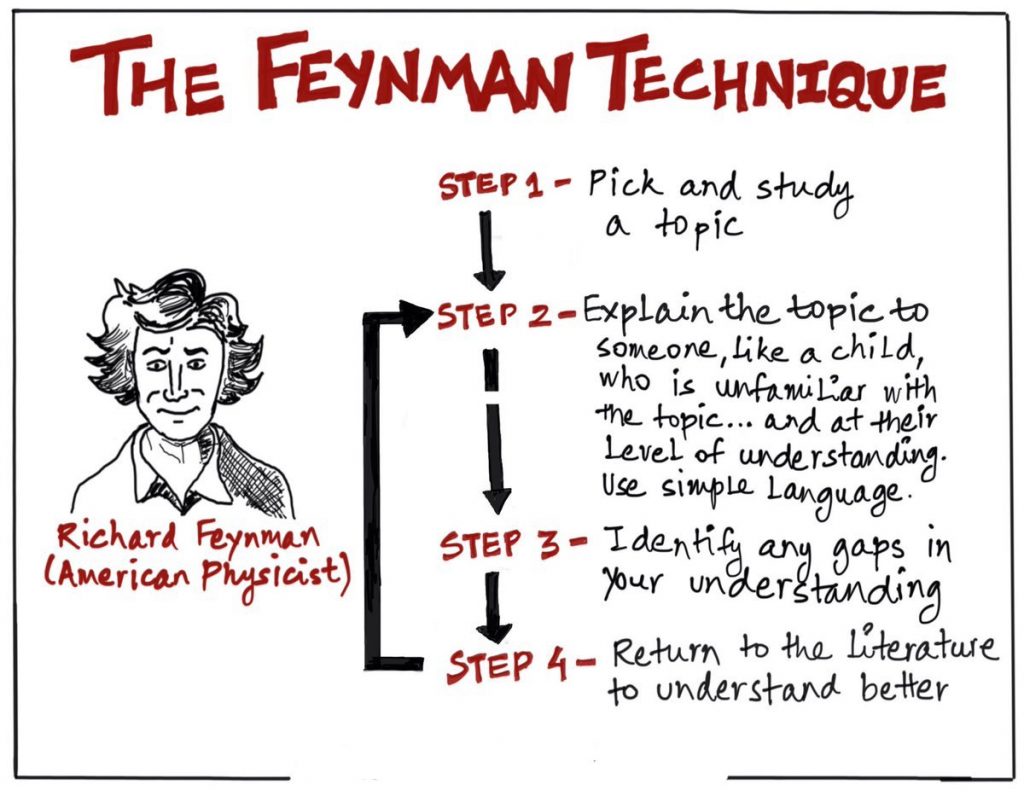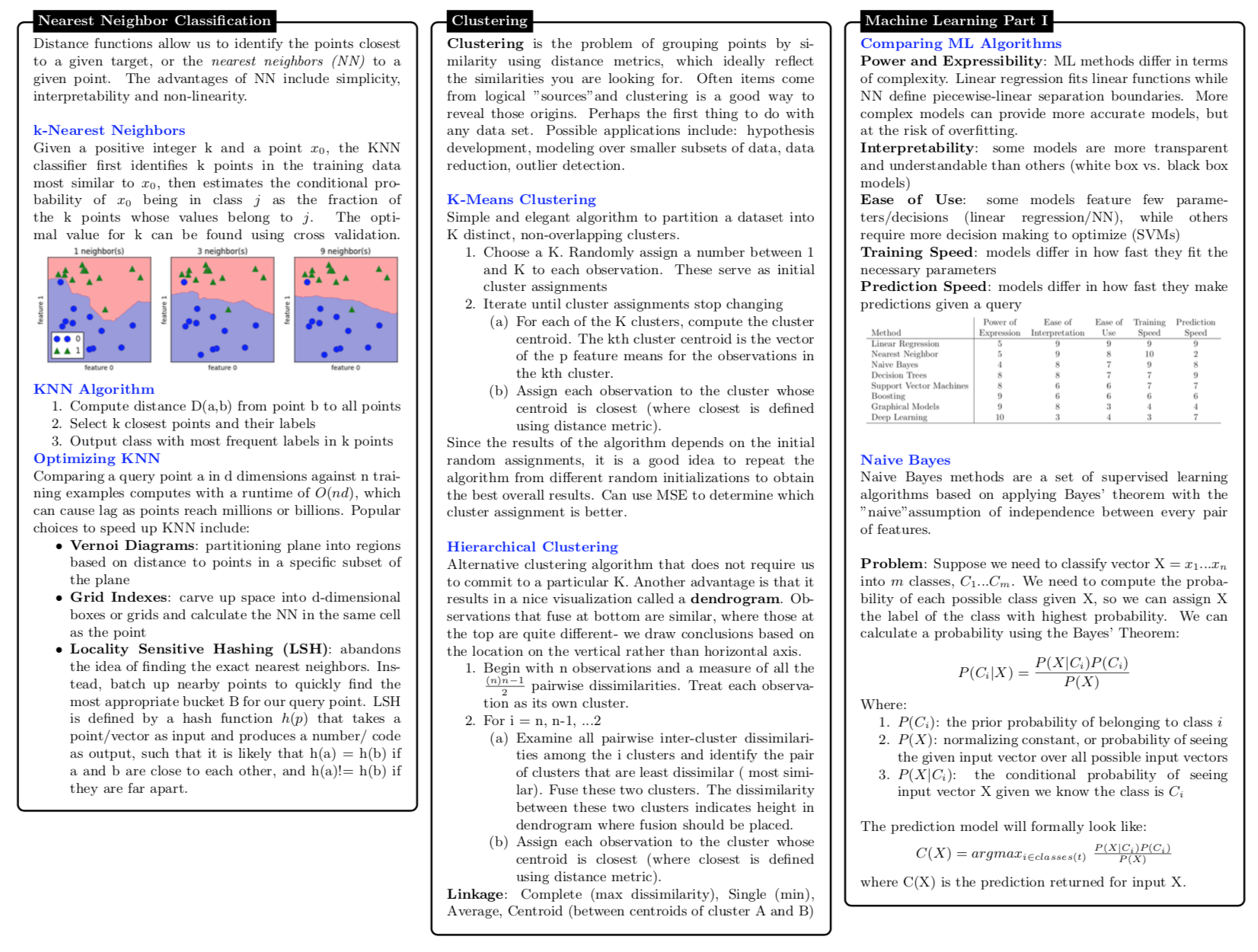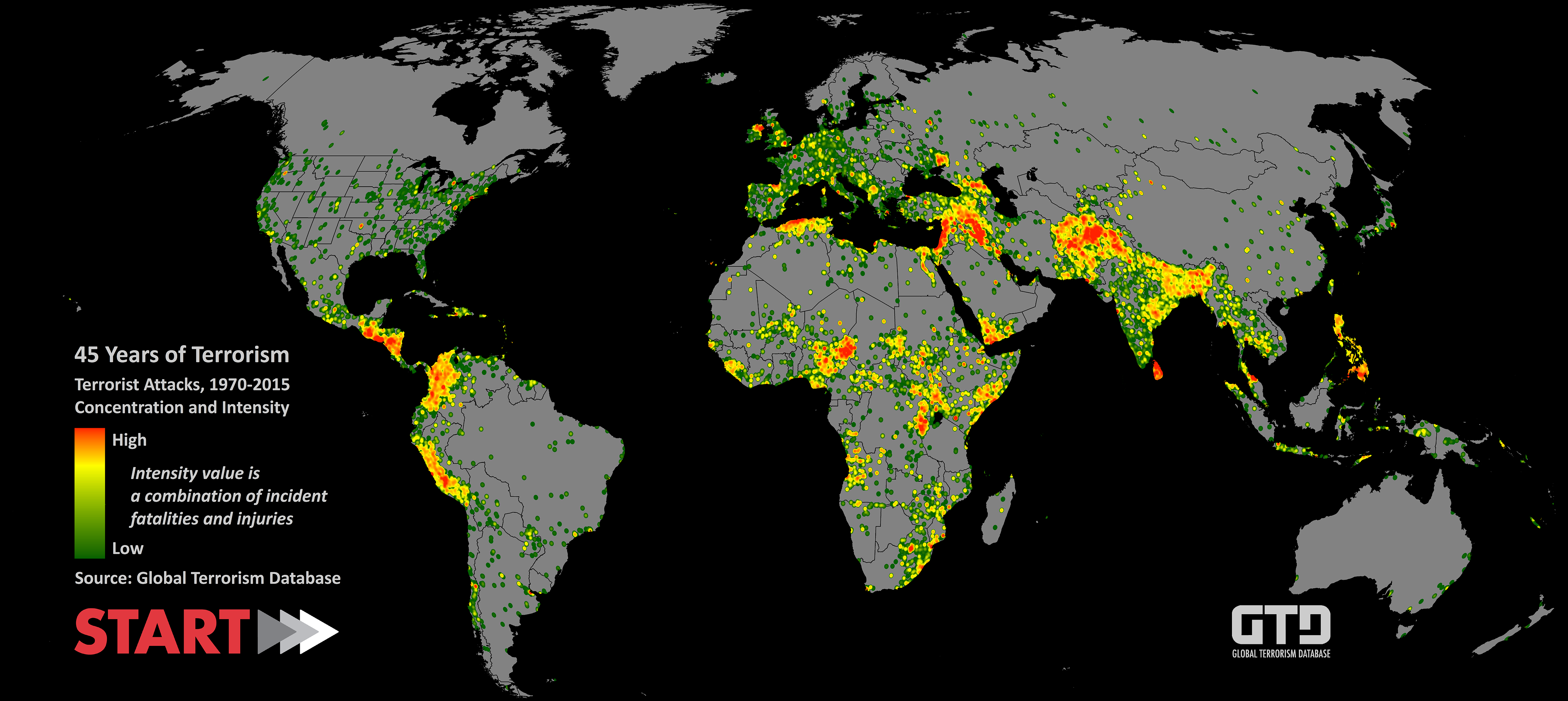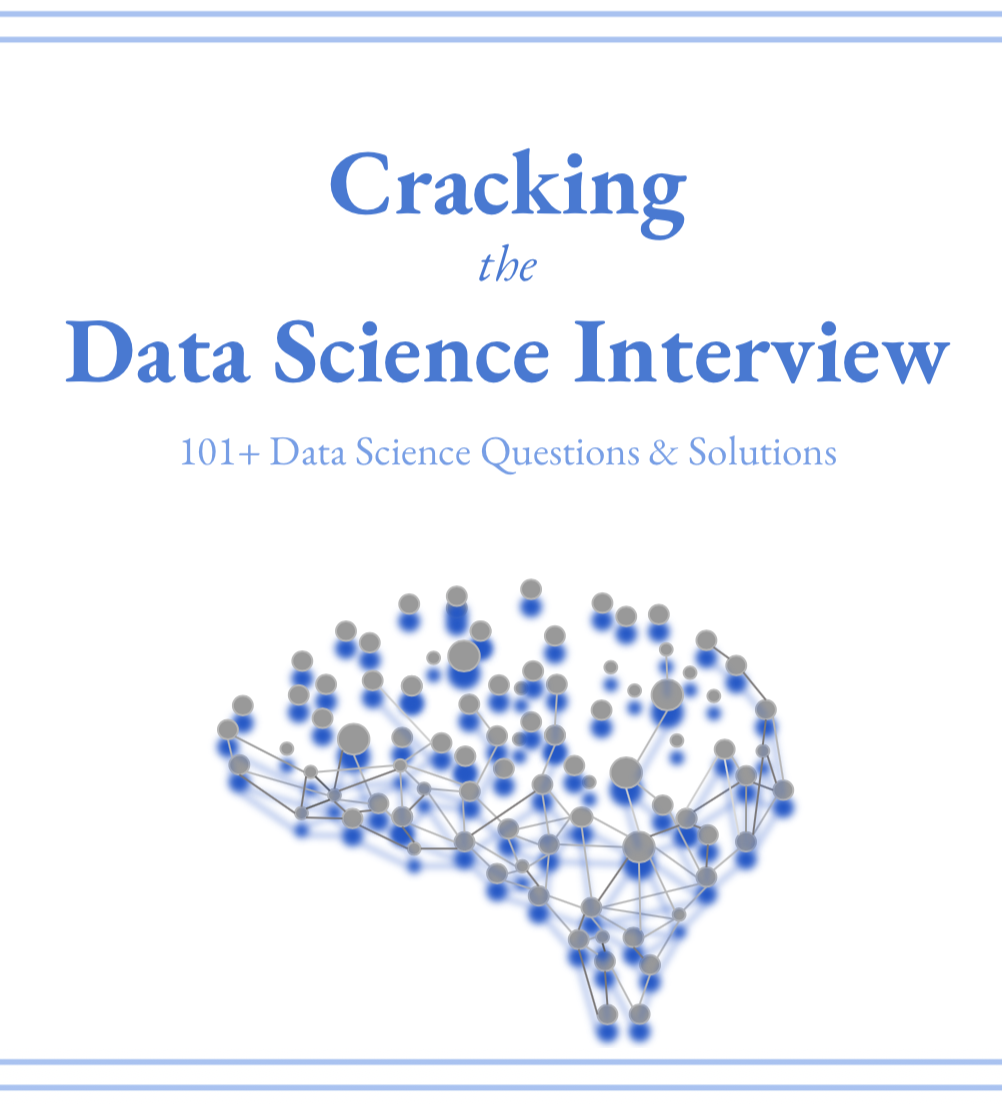
About Me
I'm an Operations Research/Computer Science undergraduate at Cornell University. Operations Research (OR) is a discipline that pertains to obtaining optimal or near-optimal solutions for complex decision-making problems. It draws upon fields such as mathematical modeling and optimization, statistical analysis, computer science, and psychology.
As a Go player, the shocking success of AlphaGo inadvertently dragged me into the world of machine learning and artificial intelligence. I enjoy learning about the field and have done a couple of projects in my free time, including a few Kaggle-style competitions. I also write about ML on Quora.
I also love keeping up and tinkering with the latest technologies. I've recently spent some time playing around with cloud services, mainly architecting and building Big Data/ML solutions on AWS and GCP.
When I'm not studying or working, you can find me playing tennis, running, cooking, playing poker or Go, writing, reading, and occasionally, competing in a Spartan Race.
Contact Details
Maverick Lin
ml874@cornell.edu
